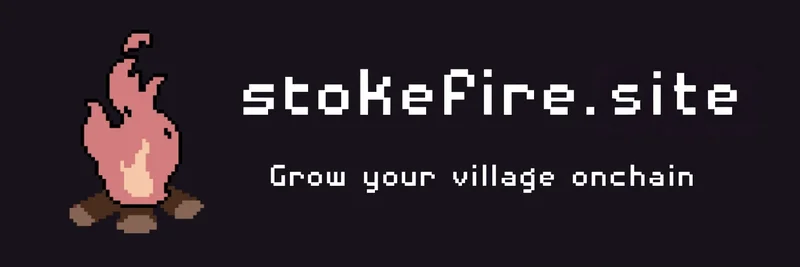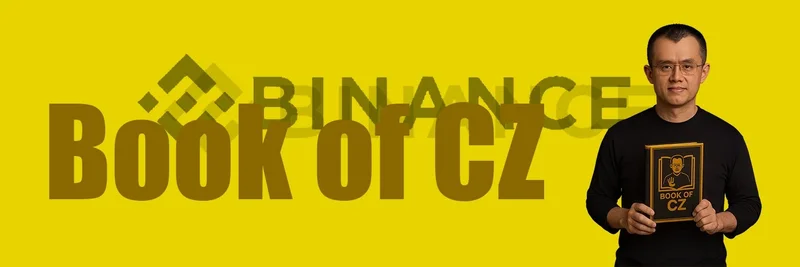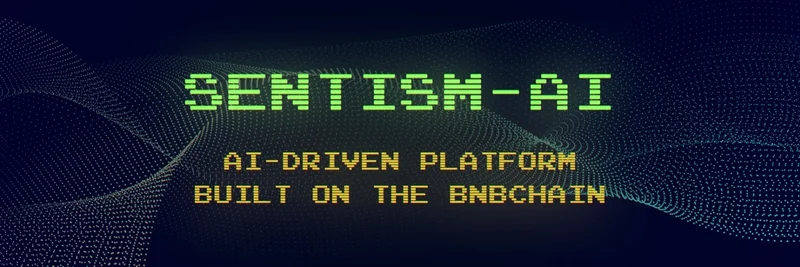The discourse around Proof of Stake (PoS) and its economic security has been heating up, with influential voices like Omid Malekan weighing in on the debate. In a recent tweet, Malekan challenges the notion that economic security is merely a "meme," as suggested by some, and underscores its critical role in maintaining the integrity and value of blockchain networks. Let's dive into his arguments and unpack the implications for the future of PoS systems.
The Core Argument: Economic Security is Not a Meme
Malekan's tweet begins by addressing the skepticism around economic security in PoS systems, particularly in response to comments from figures like Haseeb Qureshi and Anatoly Yakovenko. He argues that dismissing economic security as irrelevant overlooks the fundamental incentives that underpin these systems. "As more value goes on these chains, the incentive to attack or sabotage grows," Malekan warns, emphasizing that without robust economic security measures, chains risk falling back on unreliable social layers that can lead to destructive politics.
Why Slashing Matters
A key point Malekan makes is the importance of slashing—the mechanism by which validators are penalized for malicious behavior. He counters the idea that high staking yields should be low because slashing is rare, noting that in some chains like Solana, slashing is virtually non-existent. This, he argues, creates a dangerous complacency. "Validators who don't fear slashing will behave very differently from those who do," he states, highlighting the need for a balanced risk-reward equation.
Malekan suggests that more experimentation with slashing could be beneficial. "A PoS chain that has more slashing but also higher inflation has a much more sophisticated and expressive surface area for getting validators to work towards desirable outcomes," he explains. This approach not only deters bad actors but also enhances the overall security and reliability of the network.
The Link Between Coin Value and Security
One of Malekan's most compelling arguments is the intrinsic link between a native coin's value and its role in security. He reminds us that Satoshi Nakamoto's primary insight was creating a virtuous cycle where coin value drives incentives, which in turn ensures security. "If a native coin isn't needed for security, then it has little reason to have value," Malekan asserts. This perspective challenges the notion that chains can thrive without strong economic security, suggesting that without it, they might as well abandon decentralization altogether.
Implications for DeFi and Tokenomics
Malekan's insights have significant implications for DeFi and the broader tokenomics landscape. He points out that robust economic security mechanisms can create competing options for yield in risk-adjusted ways, which is particularly relevant for DeFi protocols. This could lead to more sophisticated financial products and a healthier ecosystem where participants are incentivized to act in the network's best interest.
Addressing Common Myths
Malekan also tackles several myths surrounding economic security in PoS:
- Myth 1: Delegation implies no security - He argues that delegation, when paired with slashing, actually enhances security because it forces users to choose operators carefully.
- Myth 2: Forking solves all problems - Malekan counters that forking takes time and cannot protect against immediate transactions, necessitating economic security.
- Myth 3: Users don't get protection - He suggests that if users can self-buy security, the market for economic security becomes automated and effective.
- Myth 4: Economic security doesn't protect against liveness attacks - Malekan points out that proper design can penalize such attacks, as seen in Ethereum.
- Myth 5: Committees are sufficient - He warns that this leads back to centralized systems like Libra, undermining the value of decentralization.
- Myth 6: Arbitrary reward curves render security meaningless - Malekan advocates for market-emergent staking through mechanisms like StakeSure, which allows users to declare and buy their own security.
- Myth 7: PoW is better - He argues that PoW is just another form of staking, but without the ability to redistribute resources to harmed parties.
- Myth 8: Chains charge for compute, not security - Malekan insists that security pricing is crucial for resource provision, again pointing to StakeSure as a solution.
The Role of StakeSure
Malekan's reference to StakeSure, a concept introduced by Sreeram Kannan, is particularly noteworthy. StakeSure redefines cryptoeconomic security from the protocol's perspective, ensuring that redistributable stake exceeds harm from corruption. This approach allows users to self-specify their security needs, much like insurance, and isolates safety concerns, making it irrelevant what the adversary's intentions are. "StakeSure transforms the cryptoeconomic landscape completely," Malekan implies, suggesting it could be a game-changer for PoS systems.
Conclusion: A Call for Sophistication
Malekan's tweet is a call to arms for the blockchain community to take economic security seriously. He urges practitioners to move beyond simplistic views and embrace the complexity of designing robust PoS systems. "We should want this," he says of more sophisticated slashing and incentive structures, "It would even be good for DeFi."
As the blockchain space continues to evolve, Malekan's insights remind us that the foundation of any successful network lies in its ability to secure value and incentivize honest behavior. Dismissing economic security as a meme is not just shortsighted; it's a disservice to the transformative potential of decentralized technologies.
For those interested in diving deeper, Malekan's full tweet thread and the accompanying discussions provide a rich tapestry of ideas that are shaping the future of PoS. Whether you're a developer, investor, or enthusiast, understanding these dynamics is crucial for navigating the ever-changing landscape of blockchain technology.




